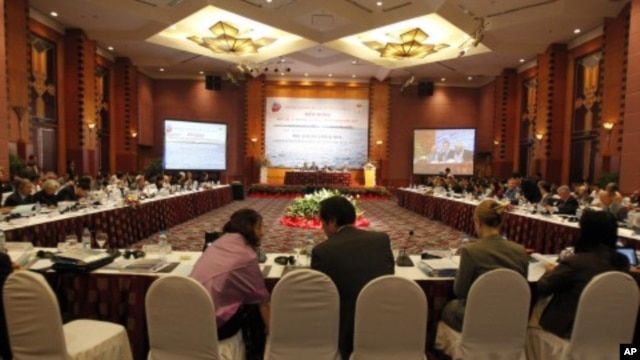Title: Rethinking the end of the Cold War and Francis Fukuyama’s ‘End of History’ hyphothesis
Author: Đỗ Thị Thủy
Source: International Studies, No. 24, June 2011, pp. 239-260.
Abstract:
The year 1991 marked a turning point in the world history – one of the two superpowers (the Soviet Union – USSR) collapsed, putting an end to the bipolar system and nearly half a century of the intense confrontation between the United States (US) & the USSR in their global Cold War. Two decades have passed since that day but scholars keep debating about its end, perhaps no less heated as they did about its origins. The fact that no single international relations theory managed to predict such an end and even had difficulties explaining it makes the end of the Cold War more attractive and controversial for both historians and theorists. Coming out right after this very end, Francis Fukuyama‟s book “The end of history and the last man” furthered the debate as it provoked the idea that the end of the Cold War would be the end of all kinds of IR theory and mankind‟s history toward a long-lasting peace and stability dominated by liberalism and Western values.
How can we explain the end of the Cold War? Did it really end? Why did IR theory fail to predict such an end? Is the end of the Cold War an end to theory and history? These questions have been and are still shaping a great debate between international historians and IR theorists. This year marks the 20th anniversary of the Cold War‟s end – a perfect time for revisiting these issues. With the hope to contribute to the clarification of the aforesaid puzzles, this paper will review the debate and give its own assessment.
Download: >>PDF






